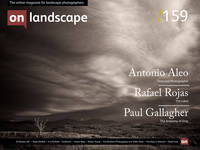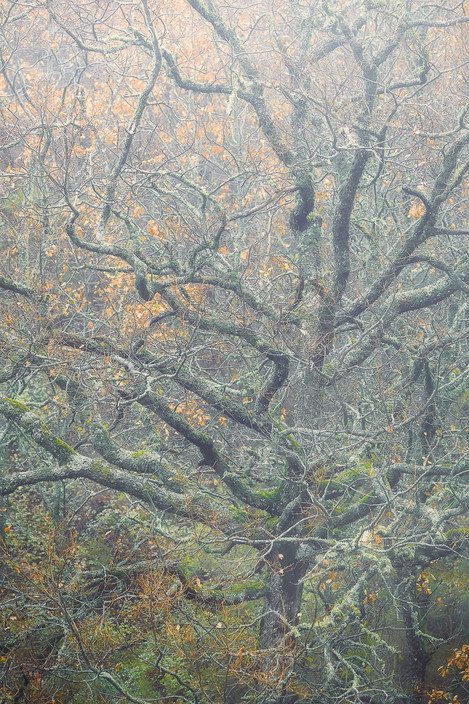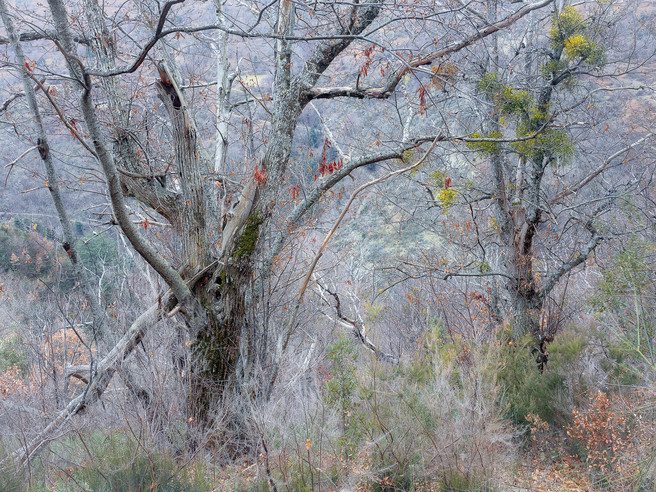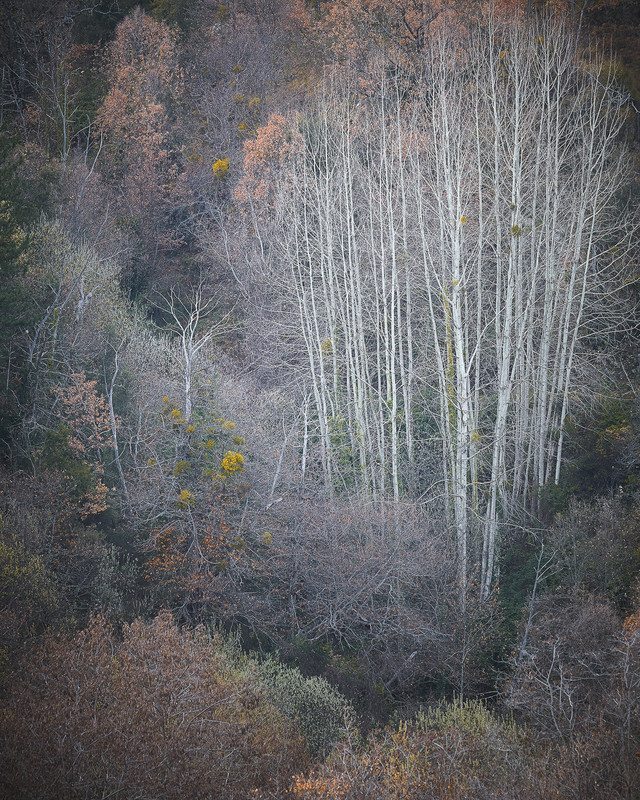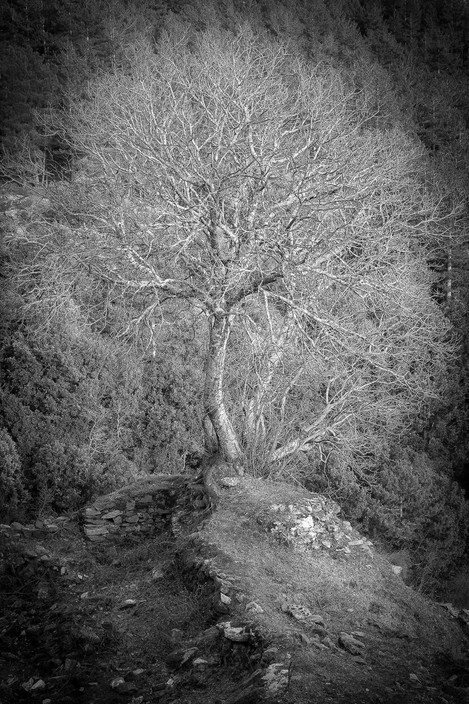Featured Photographer

Antonio Aleo
I am a passionate about landscape photography; I live in my birthplace, Calabria, a wonderful place with almost wild flavour, combining sea, mountains, lakes, waterfalls, forests and hilly landscapes. I find my greatest inspiration in photographing the heart of the forests of the great Calabrian parks, experiencing a huge sense of creative freedom.

Tim Parkin
Amateur Photographer who plays with big cameras and film when in between digital photographs.
This issue we're talking to Antonio Aleo, an excellent photographer from Italy who specialises in his local area of Calabria. Most of the images included are from his work in the local forests in Calabria.
Can you tell me a little about your education, childhood passions, early exposure to photography etc?
I am an Italian photographer, born and raised in the region of Calabria, southern Italy, a land with many wild features, a very high level of biodiversity. I've always been a fan of art and music. Until the age of 20, I painted and reproduced impressionist and expressionist current paintings. At the same time, I was also an electronic music DJ (made in UK). In 2011 I bought my first camera because I still wanted to create visual art, even if by different means.
What are you most proud of in your photography?
What makes me most proud? My total indifference towards the aesthetic canons. My photographs must tell my inner feelings and not the aesthetic beauty of the landscape. So many times I'm looking for ugly elements, which I use to meet my inner emotions.
In most photographers lives there are 'epiphanic’ moments where things become clear, or new directions are formed. What were your two main moments and how did they change your photography?
A few years ago I was a lover of the grand landscape, of sunrises and sunsets.
I was fascinated by the intimate landscape, when in 2014 I began to observe the photographs of Sarah Marino and Ron Coscorrosa, Guy Tal, Charles Cramer, Christopher Burkett. A new world opened up for me, and I completely turned my back on my old way of conceiving photography. That was my first change, a new way to go. The second change occurred in 2016, with the tragic death of my daughter in the seventh month of pregnancy. From that day my life has totally changed; my way of seeing and conceiving things has changed, and so my images have taken on a more sombre, melancholic and disturbing aspect.
Tell me about why you love landscape photography? A little background on what your first passions were, what you studied and what job you ended up doing
I have always had a weakness for the visual arts and electronic music, because I having lived in a family of artists and musicians. I attended a school of figurative art, and I had a great predisposition for painting. I am a lover of Renaissance and Baroque art, but I also have a weakness for the expressionist, impressionist and post-impressionist movement. When I look at a painting by Van Gogh, Munch, Monet, I am enchanted by the profound inner emanation. My mother was a lover of landscape painting, so it was she who sent me love to the landscape.
After school, I started working for the family business, and the rest of time I dedicated to music, moving away from the world of figurative art for a short time. Photography, in every sense, has reintroduced me into the visual art world. A circle that could not be broken.
Do you think your background in painting brings any advantages to your landscape photography?
Surely my background in painting, has helped to have a visual approach, even from a compositional point of view. But I must say that I was working more in portraiture :-)
Could you tell us a little about the cameras and lenses you typically take on a trip and how they affect your photography.
Exactly 5 years ago I used a Canon 6D, quite discreet camera. For my photography, the lenses have a more important role than my camera body. I use only a 24-70 and a 100-400 (that I use in the majority of photographs). A telephoto lens manages to penetrate the soul of the landscape, creating contact with nature; I love to isolate the elements from their surroundings, eliminating any distraction. I rarely use my 16-35. I'm not a lover of superwide focal lengths, so almost always my wide angle remains at home.
What sort of post processing do you undertake on your pictures? Give me an idea of your workflow..
After several years with Lightroom, I've been using Capture One for raw processing in the last few months. I find the engine of C1 very powerful, and already starting the files shine for colour and micro contrasts. Use C1 to eliminate chromatic aberrations, balance white and increase details. I use Photoshop to clean the photograph from any spots or disturbing elements (even if I try to get a clean shot already in the field), selective colour correction, colour balance and tonal values, harmonizing everything in a natural way. Lately, I use Tonality Mask, a very powerful panel able to work selectively and accurately both on the brightness masks and on the tonal masks.

